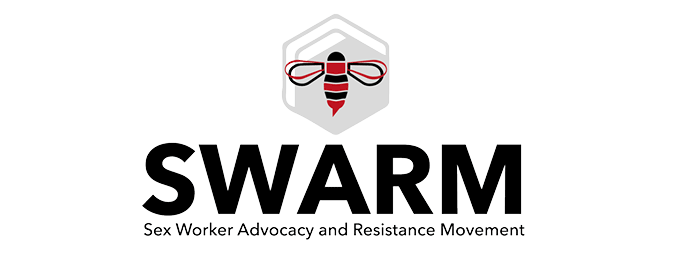SWARM and ECP congratulate the three women who last week won in court the right not to reveal their criminal convictions for prostitution to prospective employers.
The women have multiple convictions for soliciting or loitering under the Street Offences Act, and their records will be amended to filter out these convictions. The women in this landmark case are victims of exploitation but the ruling will apply to all sex workers with loitering and soliciting convictions.
Every year, hundreds of sex workers are criminalised under prostitution laws.[1] Women of colour, migrant and trans women are most likely to be targeted. ECP and SWARM point to other changes that are urgently needed; specifically that criminal records for prostitution should be fully expunged. Under last week’s court ruling the police will still have access to the information that someone has been convicted for soliciting and this can result in discriminatory treatment.
Alongside soliciting, we call for brothel-keeping to be decriminalised, as it is primarily being used to prosecute sex workers working together collectively for safety. This is in line with the recommendations [2] of the Home Affairs Committee which called on the government to:
“ . . . change existing legislation so that soliciting is no longer an offence and so that brothel-keeping provisions allow sex workers to share premises” and that legislation should be drafted to provide for the “deletion of previous convictions and cautions for prostitution from the record of sex workers.”
After full decriminalisation was introduced in New Zealand in 2003, the government found that “a provision to allow people to apply for historical convictions to be removed from their record had made it easier for sex workers to leave prostitution.”[3]
------------------------------------------------------
[1] English Collective of Prostitutes. (2017). Bulletins: Raids, Arrests and Prosecutions. Available at: http://prostitutescollective.net/bulletins/
[2] House of Commons Home Affairs Committee. Prostitution (Third Report of Session 2016-17). Available at: https://publications.parliament.uk/pa/cm201617/cmselect/cmhaff/26/26.pdf
[3] English Collective of Prostitutes. (2015). Decriminalisation of Prostitution: the Evidence. Available at: http://prostitutescollective.net/wp-content/uploads/2017/01/Online-Symposium-Report.pdf
